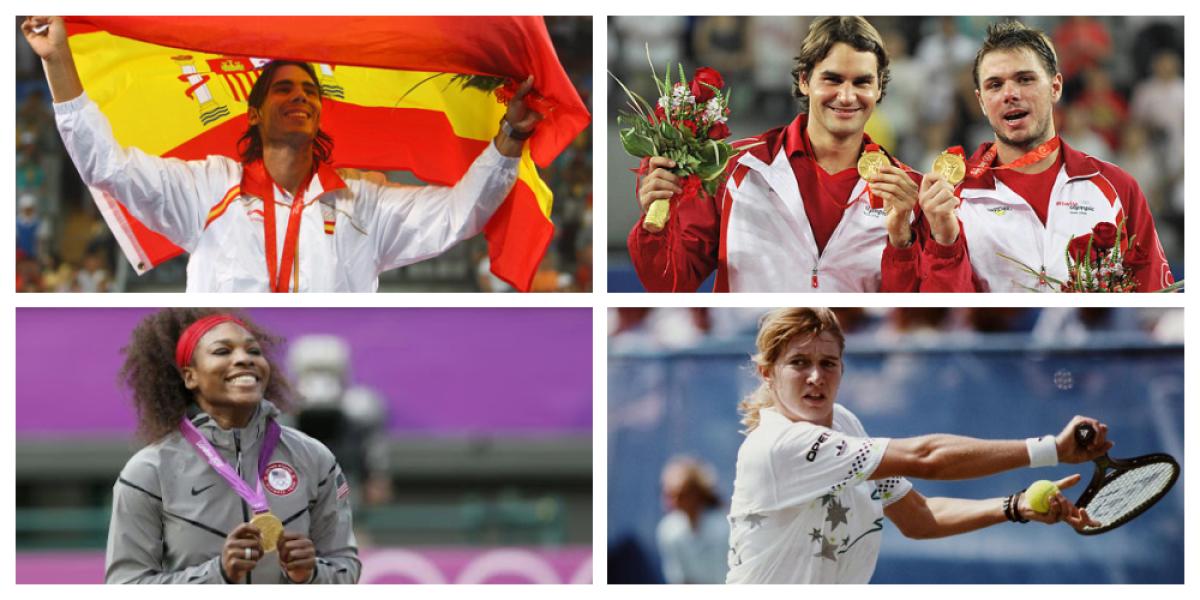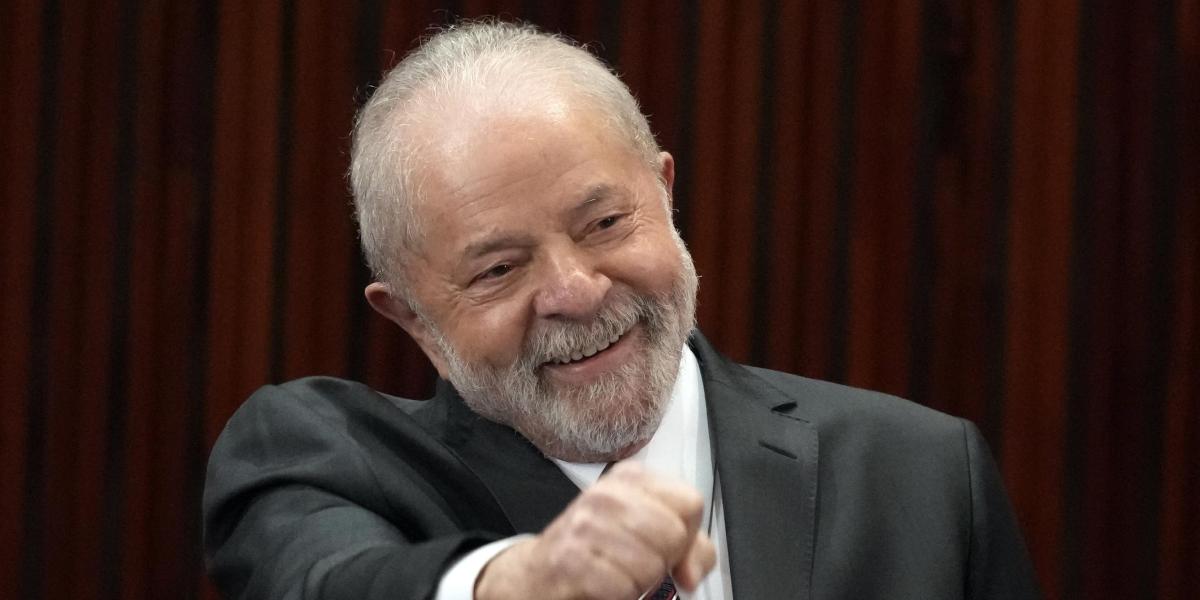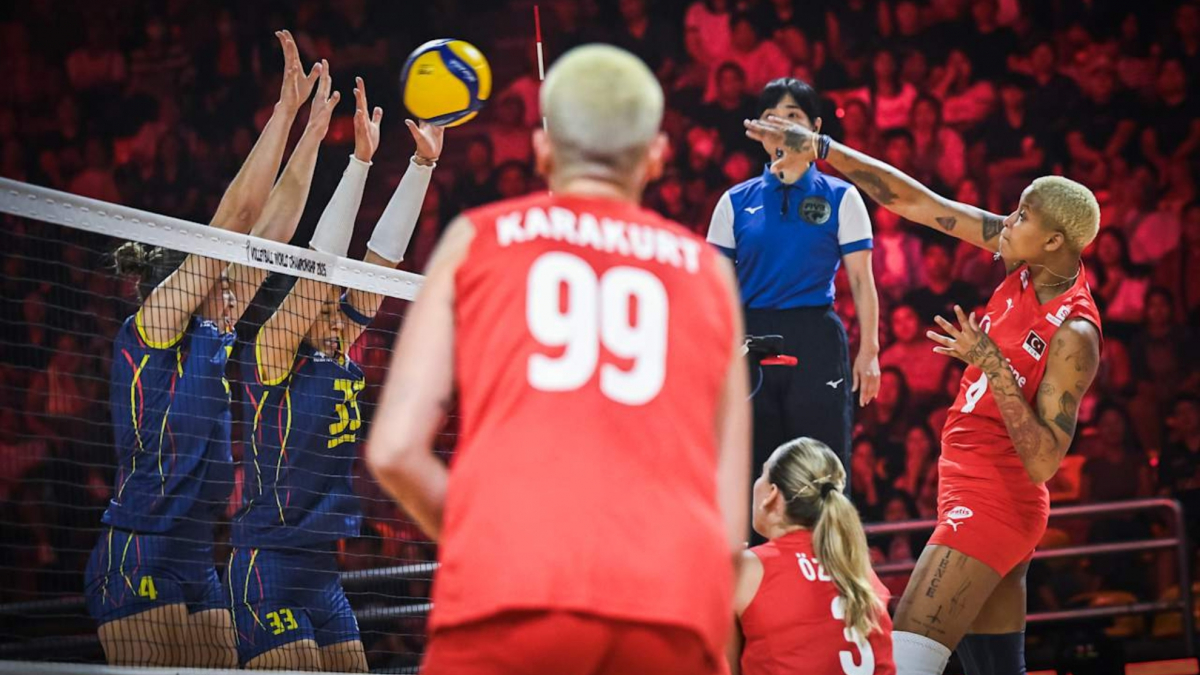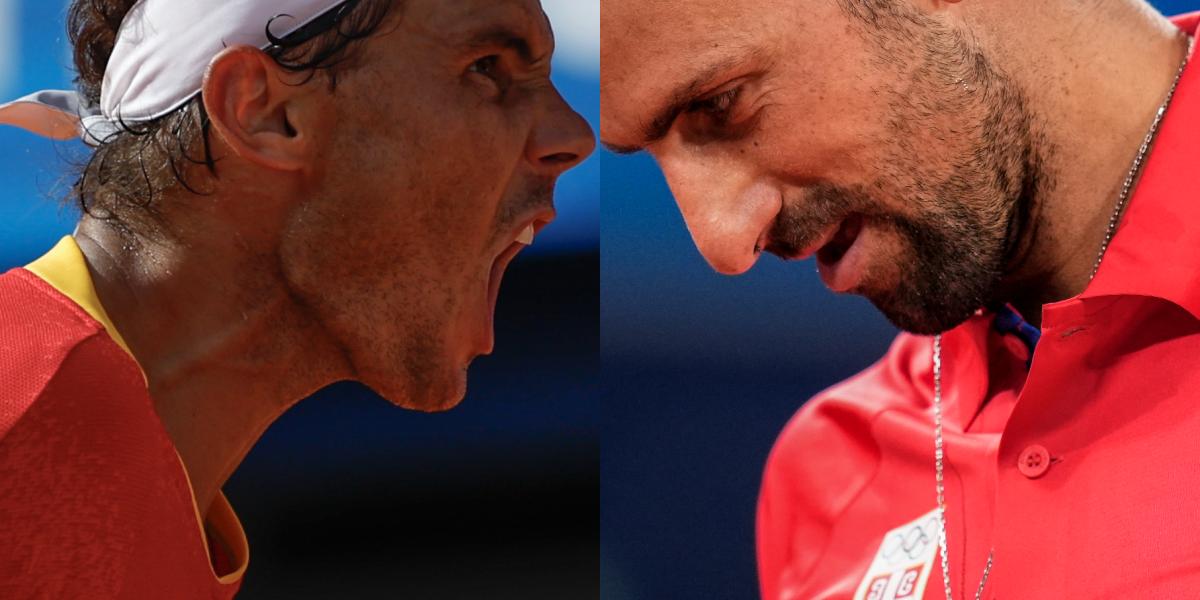The Olympic Games would never have become what they are today, a meeting of the best athletes on the planet, without the fundamental contribution of tennis, than In Paris 2024 he will fulfill ten editions from his return to the Olympic program in Seoul'88.
The 92 session of the IOC, held in Istanbul in 1987 under the presidency of Juan Antonio Samaranch, took the most revolutionary measure adopted until then by the organism in its almost centennial history: Admit tennis as full Olympic sport, with the door open to all its professional players.
Tennis had been Olympic in the first seven Games, between Athens 1896 and Paris 1924and ceased to be precisely because of disagreements about what distinguished an amateur tennis player from a professional, a cursed term in the Olympism of that time.
After having cast as demonstration sport in 1968 (Manolo Santana won Manolo Orantes in the final) and in 1984, In Seoul 1988 he became official sports and amateurism was touched on death. Due to the slit that the tennis players opened, the NBA players entered in 1992 and in successive editions the professionals of any other sport: hockey, golf, football …
The decision to admit to the tennis players, who already populated the lists of the best paid athletes, was not easy. As described by the British David Miller in his 'official history of the Olympic Games and of the IOC', the debate in the 1987 session of 1987 lasted four hours and more than 30 assembly members intervened in it.
The German Willi Daume, who presided over the Commission for Admission of New Sports, defended that accepting professionalism was the only way to guarantee the future of Olympism. The American Anita Defantz, bronze in rowing in 1976, stressed that only sports professionals were trained to reach the top. If the games wanted to have the best, we would have to dispense with the candid vision of sport as an amateur activity.
The Frenchman Philippe Chatrier, president of the ITF, had prepared the terrain with Samaranch, a passionate of tennis.
“That the IOC was tied with the outside world was evident when, in the inaugural ceremony of the Seoul games the following year, The Argentine flag was covered by the tennis star Gabriela Sabatini”, Says Miller in his work.
Olympics with conditions
To racket professionals the IOC asked for minimal conditions to be Olympic: Cryse your advertising contracts during the 15 days of competition, except for the brand of your shirt, do not participate in any exhibition in South Korea during the two weeks before and after the gamesreside in the Olympic village like the rest of the participants and be in good relations with their national federations.
The tennis community itself was divided: John Mcenroe said professionals already enjoyed sufficient visibility and advocated booking the Olympic Tournament to fans. Martina Navratilova was worried about contracts with her sponsors. On the other hand, Steffi Graf, Gabriela Sabatini, Boris Becker or Stefan Edberg announced their participation in the games immediately.
A story full of surprises
The first male gold medal in the new era went to Czech Miroslav Mecir (then 12 ATP), which eliminated Wimbledon Campéon, the Swedish Stefan Edberg, in the semifinals and in the final won the American Timothy Mayotte 3-6, 6-2, 6-4 and 6-2.
But the bell gave it in the Steffi Graf Women's Tournament (1 WTA)whose gold allowed him to become the only player in history (man or woman) to win the 'true' Golden Slam: the four 'great' and the games, with only 19 years. No one has ever matched that record.
Gabriela Sabatini won the gold 6-3 and 6-3.
Read too
In Barcelona'92 the Swiss Marc Rosset deprived the Spanish title Jordi Arrese (30) in the most tense final of Olympic history, decided 7-6, 6-4, 3-6, 4-6 and 8-6. Rosset had 4-1 on the fifth set but arrested he was recomposed and the Helvetic had to use more than five hours to beat him. He had never gone from the quarterfinals in a tournament.

Jordi Arrese celebrates his pass to the semifinals and securing the medal
The American Jennifer Capriathi (6) was imposed in the women's tournament (6). Neither Monica Seles, nor Gabriela Sabatini, nor Martina Navrativola were able to play for not participating in the Federation Cup. Capriathi won Arantxa Sánchez Vicario in the semifinals and Steffi Graf in the final, 3-6, 6-3 and 6-4, despite the fact that the German had imposed on her four previous clashes.
Atlanta'96 games saw two local players succeed: Andre Agassi (7), which he suffered to reach the final but had an easy match against Sergi Bruguera (6-2, 6-3 and 6-1), and Lindsay Davenport (10), which won Arantxa Sánchez Vicario (7-6 and 6-2), who had won her in her previous five clashes.
In Sydney 2000 the Russian Yevgeny Kafelnikov (8) won in the Golden match to German Tommy Haas 7-6, 3-6, 6-2, 4-6 and 6-3 (the first set lasted 70 minutes) and the American Venus Williams (3) to the Russian Elena Dementieva 6-2 and 6-4.
Athens 2004, the Summit of Chilean tennis
The 2004 Athens games were those of Chilean tennis glory. Nicolás Massú (14) first won the title of double with Fernando Gonzálezfirst gold in the Olympic history of his country, and the next day in the individual final defeated the American Mardy Fisch 6-3, 3-6, 2-6, 6-3 and 6-4.
The Women's Tournament embodied the absolute superiority of world number one, the Belgian Justine Henin. Although he reached the convalescent Athens of a viral infection, he only lost a set in all games and in the final won the Frenchman Amelie Mauresm 6-3 and 6-3.
Nadal, Olympic gold and number one
Rafa Nadal (2 ATP) began his participation in the Beijing Games with doubts against the Italian Potito Staracebut then he had a comfortable tournament, until he crossed with Serbian Novak Djokovic and had to go to the three sleeves to beat him in the semifinals (6-4, 1-6 and 6-4). In the final, Fernando González was imposed by 6-3, 7-6 and 6-3.

Rafa Nadal, Olympic champion at the 2008 Beijing Olympic Games
The Swiss Roger Federer had maintained the world number one during the previous four and a half years, but in the Chinese capital he lost in the quarterfinals against the American James Blake 6-4 and 7-6. Nadal came from winning Roland Garros and Wimbledon, in both ends to Federer, and the day after hanging the Olympic gold first appeared at the top of the ATP classification.
The Russian Elena Dementieva (7) was the female champion. For the first time since 1908 a tennis podium was entirely for a single country: Dementieva won the final to Dinara Safina (3-6, 7-5 and 6-3) and the bronze went to Vera Zvonareva.
The two golds of Murray
The British Andy Murray was the first tennis player to win the Olympic gold in two editionsLondon 2012 and Rio 2016.

Andy Murray celebrates his Gold Medal in Rio 2016
On the grass of All England Club, the semifinal between Roger Federer and the Argentine Juan Martín del Potro was one of the most vibrant matches in Olympic history. It was decided 3-6, 7-6 and 19-17 in favor of the Swiss.
The game for gold, Federer-Murray was a repetition of the Wimbledon final played a month before on the same stage, with Federer's victory. But Murray (4) won gold without trouble 6-2, 6-1 and 6-4.
More unquestionable was the superiority of Serena Williams (4) in the women's tournament. He did not lose more than five games in any game. He won the final to Maria Sharapova 6-0 and 6-1 and completed the Golden Slam, although in different seasons.

Serena Williams won Maria Sharapova's final 6-0 and 6-1
Murray (2) revalidated his gold in Rio by winning Del Potro in the final 6-5, 4-6, 6-2 and 7-5.
The surprise was in the Women's Tournament with the victory of the Puerto Rican Mónica Puig (34), the first non -head of the Olympic gold. To get the first golden medal in the history of his country he had to win the final to the German Angelique Kerber (6-4, 4-6 and 6-1).
The last Olympic Tennis Champions were in Tokyo 2020 the German Alexander Zverev (5), who after winning Djokovic in the semifinals won the Russian Karen Khachanov by 6-3 and 6-1 (first edition with the final to the best of three sets), and the Switzerland Belinda Bencic (12), which won the Czech Marketa Vondro 7-5, 2-6 and 6-3.

Alexander Zverev, in action during the Tokyo Olympic final
Djokovic also lost the bronze medal against the Spanish Pablo Carreño.
From Seoul '88 games, male and female double tournaments are also disputed. The Mixed double doubles tournament joined the 2012 London program.



